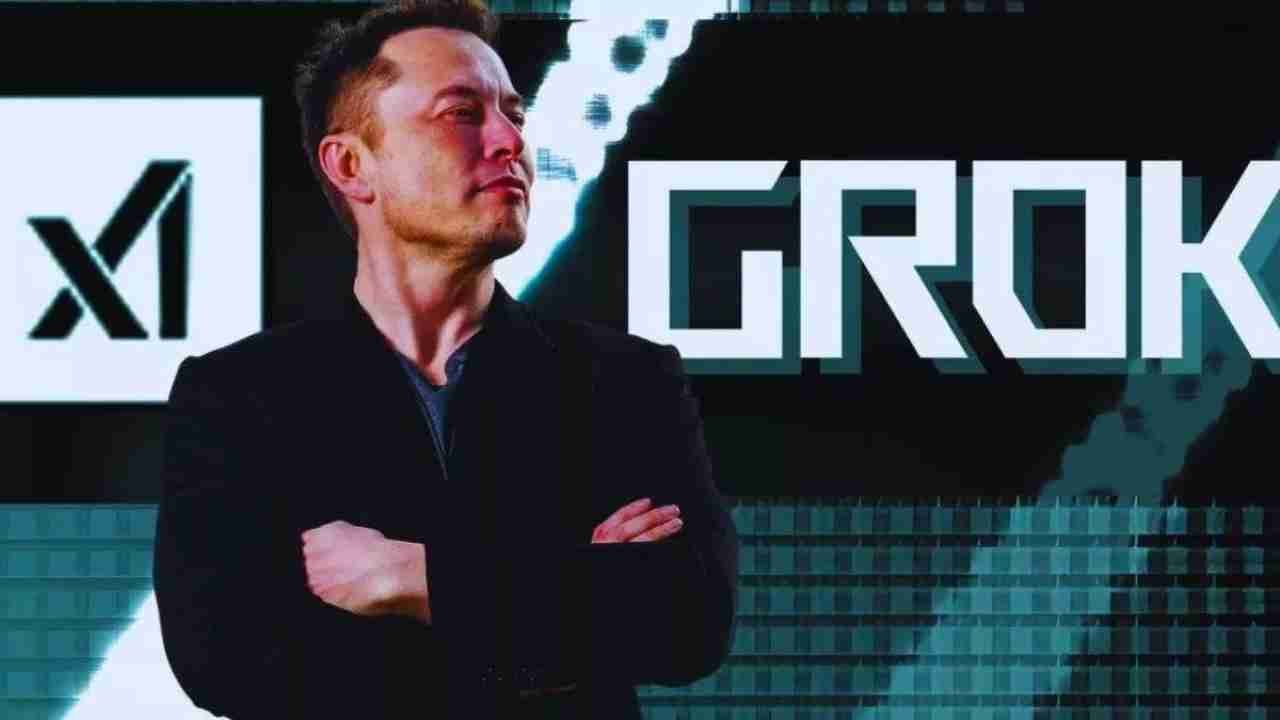In a recent development, Elon Musk, the visionary leader heading X (formerly Twitter), SpaceX, and Tesla, has voiced his discomfort in steering Tesla’s advancements in artificial intelligence (AI) and robotics without securing a substantial increase in his voting control within the company.

Currently holding approximately 13.4% stake in Tesla, Musk, who sold shares to acquire X for a staggering $44 billion in October 2022, outlined his conditions for continued leadership in a candid post on X. He stressed that obtaining at least 25% voting control is imperative for him to effectively contribute to Tesla’s future direction.
“Unless that is the case, I would prefer to build products outside of Tesla,” Musk declared in his X post. He explained that the 25% voting control threshold strikes a balance, making him influential while still allowing for the possibility of being overruled. This move is seen as a strategic measure to ensure his vision for Tesla’s AI initiatives aligns with the company’s trajectory.
Musk emphasized that Tesla is not a singular startup but a conglomerate of a dozen ventures, drawing attention to the stark differences between Tesla’s scope and that of traditional automakers like GM. He questioned the motivation behind stock ownership alone, pointing out that other major stakeholders, including Fidelity, don’t actively engage in the day-to-day operations of the company.
Acknowledging the strength of Tesla’s board, Musk expressed confidence that having 25% voting control would render him influential, yet still subject to the democratic process, allowing shareholders to override decisions if necessary.
“At 15 per cent or lower, the for/against ratio to override me makes a takeover by dubious interests too easy,” Musk added, underlining the potential risks associated with a lower ownership stake.
This announcement comes as Elon Musk continues to push the boundaries of technological innovation, not only with Tesla but also through ventures such as SpaceX and X. The quest for increased control reflects Musk’s determination to position Tesla at the forefront of the AI revolution, emphasizing the significance of corporate governance in achieving these ambitious goals.
As the tech billionaire navigates these strategic waters, the business world remains keenly observant of the unfolding dynamics and the potential impact on Tesla’s trajectory in the rapidly evolving field of artificial intelligence.














